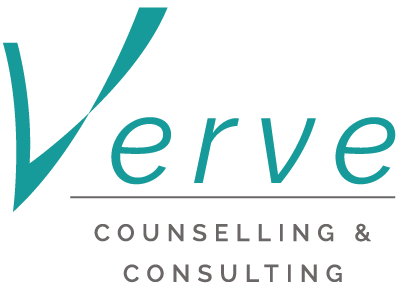Individual Counselling for Trauma/
Post-Traumatic Stress Disorder (PTSD)
What is trauma?
When we think about trauma, we often think about life-threatening events such as assaults, car accidents, natural disasters, to name a few. These experiences are often very overwhelming. It can affect our ability to cope during and after the event.
Vicarious trauma can occur when we witness trauma, or support victims of trauma. This can happen to accident bystanders, health care workers, or first responders.
Trauma can also happen in situations that, while not life-threatening, can still make us feel unsafe, powerless, unworthy, invisible, or devalued. Some examples may include:
- workplace or school bullying
- repeatedly being put down, criticized, ridiculed, or shamed
- being in situations, often at a younger age, where things exceeded your ability to cope (e.g. needing to emotionally or physically take care of a caregiver)
- a pattern of having your emotional needs dismissed by caregivers growing up
Some people might experience the following as a result of trauma:
- reliving the event through nightmares or flashbacks
- avoidance of the place, person or similar setting that reminds you of the trauma
- feeling depressed or anxious
- difficulties with sleep, appetite, concentration
- feeling angry or irritable
- triggered by things that seem to be “out of portion” for the situation
- difficulties with setting interpersonal boundaries
- untrue and negative beliefs about yourself (e.g. “I am worthless/ powerless/ a failure”)
These experiences can have lasting effects on our sense of safety, control, and self-worth.


